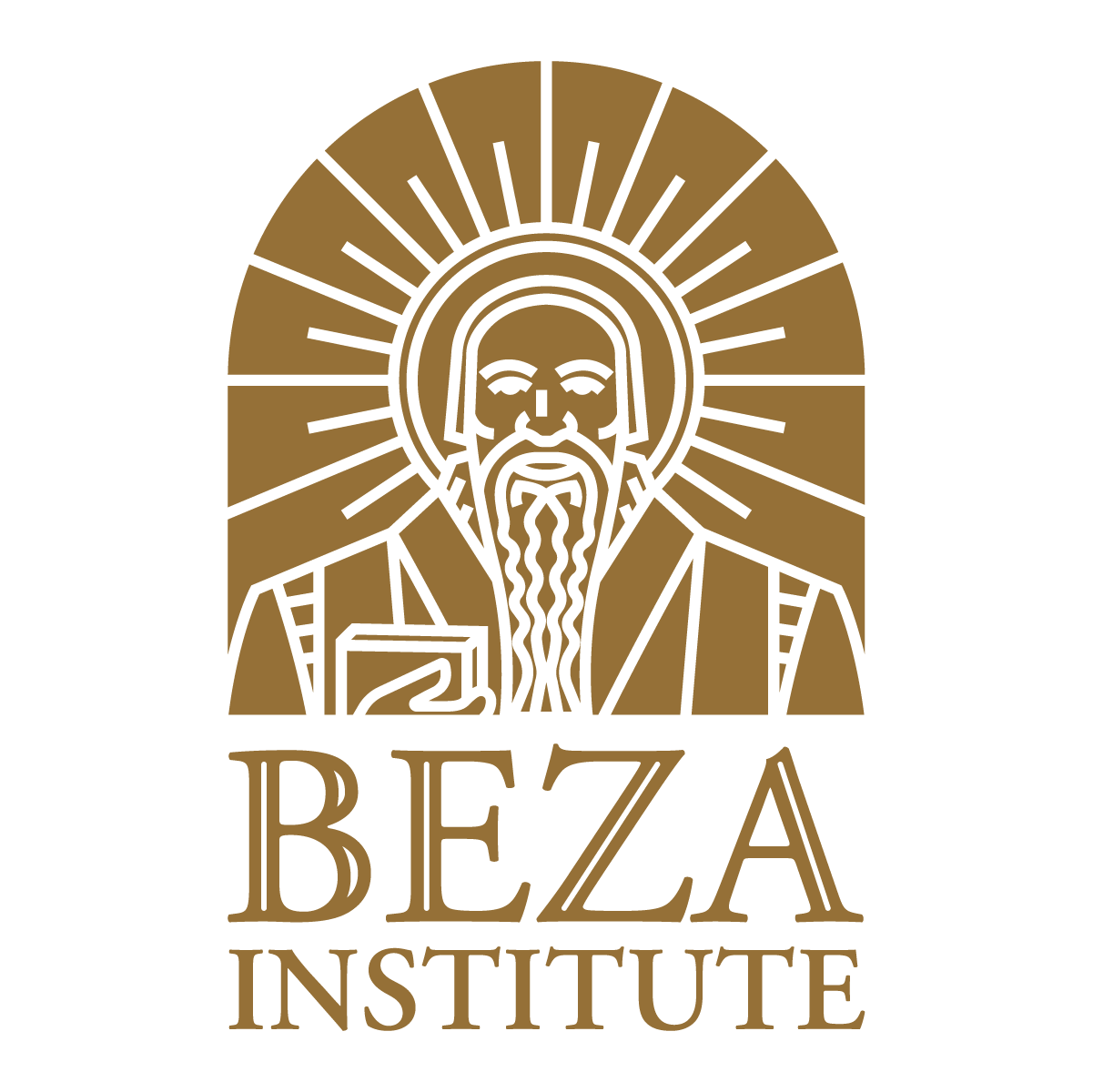Go With The Grain: The Trivium as a Path to Maturity
More and more Christians are going “old school” when it comes to educating their children. The name of this approach is Classical Christian Education, and this little essay is just an appetizer. Here in sunny Ventura County, California where the mountains kiss the Pacific Ocean, we might say it’s the chips and salsa, not the enchilada. But I hope this whets your appetite for more.
So, what is Classical Christian Education? Its goal is summed up in the title of a book on the subject by Robert Littlejohn and Charles T. Evans: Wisdom and Eloquence. The method aims to bring a student to a state of maturity in godly understanding (wisdom), as well as instilling the skills required to effectively share that understanding with the world (eloquence). So it covers the method of the input as well as preparation for future output.
The unifying center of this “wisdom and eloquence” is the living Word, Jesus Christ. We pray for and nurture our students in the fear of the Lord, the Word of the Lord, and the wonder of the Lord. To borrow from Saint Patrick, Christ is with, within, before, beside, beneath, and above all we say and do.
But this unity also creates a division. Classical Christian Education takes seriously the separation that was established by God in Genesis 3:15, and made very plain by Jesus.
Whoever is not with me is against me, and whoever does not gather with me scatters. (Matthew 12:30)
Each of us is either for Christ or against Christ. We are either learning in submission to Christ or we are learning in rebellion against Christ. We are all growing to maturity, but our education has a lot of influence on whether we turn out to be the wheat or the weeds in the field.
Because there is no neutrality in Christ’s world, there is no such thing as a neutral education.
This is why Classical Christian Education begins self-consciously on its knees before God and ends with its hands raised in praise to Him. Like everything else in God’s world, it begins with light and culminates in a giving of glory to God.
So, what is “classical” about this method of education? It refers to how education is carried out, and not simply what is taught.
This approach goes with the grain of how God has created us to mature. In that way, it is like training a vine. It takes the good that God has given (nature) and makes it great (culture). After all, this was the job of Adam in the Garden of Eden.
This “classical” practice is known as the Trivium, which simply refers to the three stages of growth to maturity that God has already built in.
The first is called the Grammar Stage and is roughly K-5. At this stage students love repetition, story, language, singing, and did I say repetition? In the Grammar Stage our children learn the grammar/language/words of God’s Word and His world. They learn the grammar of the Bible, math, science, history, reading, writing, literature, poetry, and so on. This is a delightful and challenging season of immersion in the language of Truth, Beauty, and Goodness.
The Grammar Stage is the “what” season of life, a time of discovery and playful wonder. As in Eden, it is all about the names and places of things in God’s world.
For this reason, we also begin to teach Latin during this stage. Yes, that is right, Latin. (For a robust defense of this practice, see the recommended books.) As the students mature, the “what” becomes “why.” They begin to question the reason behind the Grammar they have been immersed in. This is called the Logic Stage, and it is roughly the time from grades 6-9.
God created us for wisdom and one of the gifts needed most in a life is wise discernment. It is here that we nurture in our students a proper and humble critical thinking, questioning, pursuing truth, discerning beauty, and loving goodness.
We know that not all curiosity and questioning is helpful and healthy because God has given us absolute truths. For this reason, Classical Christian Education nurtures critical thinking by teaching Formal Logic along with saturation in the wisdom literature of the Scriptures.
Additionally, the learning of appropriate manners and protocols enables students to present what they know and think in a powerful, persuasive, and appealing way. This brings us to the Rhetoric Stage, and it is the focus of grades 9-12.
Rhetorical skills are as vital as ever. In an age of lies, vulgarity, foolishness, and futility, all delivered by a carnival of empty, rotating talking heads, learning to speak and write in order to effectively persuade others of Truth, Beauty, and Goodness is one of the greatest challenges of our day.
To this end, students are immersed in the Great Books, epic poetry, ancient and biblical rhetoric, and apprenticed in the practice of producing life-giving words that change people’s hearts. The way that Classical Christian Education moves through the stages of Grammar, Logic, and Rhetoric to maturity, is a replica of the three offices given to us in the history of Israel. So the Trivium is priestly, kingly and prophetic, just like the Bible.
In its priestly stage, Israel was to simply hear and believe. This was the time of the books of Moses, an era of learning God’s Laws and God’s ways.
In its kingly stage, Israel was to consider the Law and meditate upon it, not only hearing what God said but learning why He said it. This era of growing discernment gave us the wisdom literature, including the psalms and the proverbs.
In the prophets, rhetoric comes to the fore. These men not only heard what God said and considered why, but called Israel to account with a level of rhetorical skill that still boggles the minds of academics today.
This three stage pathway— hearing, considering, and speaking—is also found in every human life, so modeling education after the pattern “goes with the grain” of humanity.
If you enjoyed this appetizer, look into the subject further.
I highly recommend these three books: The Case for Classical Christian Education by Douglas Wilson, Wisdom and Eloquence: A Christian Paradigm for Classical Learning by Robert Littlejohn & Charles T. Evans, and From Bread to Wine: Creation, Worship, and Christian Maturity by James B. Jordan.


